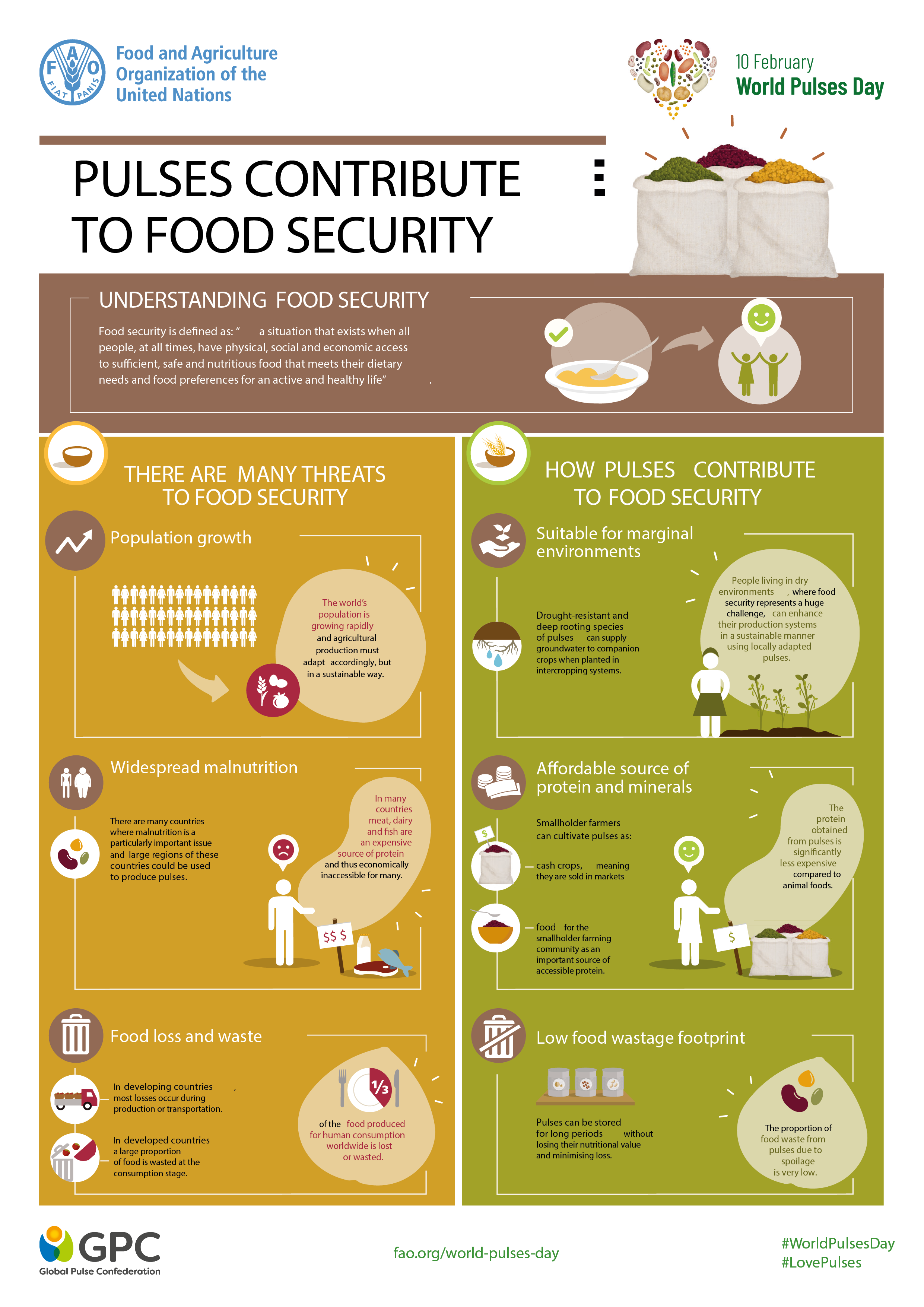How the humble bean can help global health
The humble bean has a pivotal role to play in global health and food security. Legume plants have amazing characteristics that can be harnessed to improve food security, alleviate nutrition deficiencies, reduce our reliance on fertilisers, increase resilience against climate change, improve soil health and empower local communities.
Legumes make their own fertiliser out of thin air
The nitrogen-fixing nodules help legume plants to survive in low nitrogen soil without any addition of nitrogen fertilisers. Since nitrogen fertiliser production requires a high consumption of fossil fuels and synthetic fertilisers can also leach into water bodies, growing more legumes can reduce several environmental problems caused by excessive nitrogen fertiliser usage.
Furthermore, the fixed nitrogen from legumes can also replenish soil nitrogen levels, making the soil healthier for other plants to thrive.
Most legumes such as beans and peas are known for their high protein content and hence these legumes, also known as pulses, have also been actively promoted by FAO as a sustainable protein source for better food security as they require significantly less water and fertiliser input and produce less greenhouse gases than animal protein sources (World Pulses Day).

